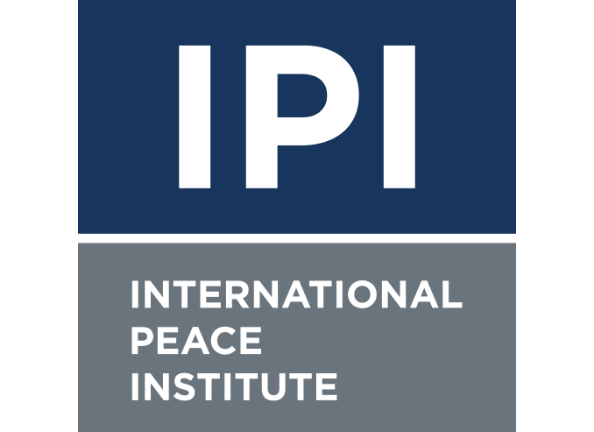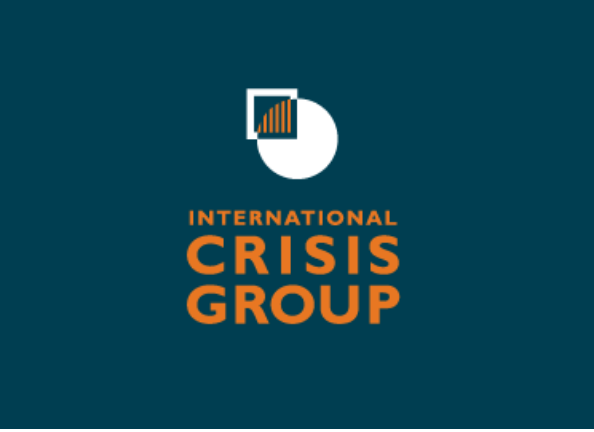Doha Forum 2024
Newsmaker Interview: H.E. Kassym-Jomart Tokayev
Program Location: Salwa 1
Program Start: 07 December 2024, 12:20 - 12:50
Newsmaker Interview: H.E. Saad Sherida Al-Kaabi
Program Location: Al Dafna
Program Start: 07 December 2024, 12:30 - 12:50
The Power of Platforms: The Real-World Impact of Digital Advocacy
Program Location: Al Rayyan
Program Start: 07 December 2024, 13:15 - 14:15
Digital platforms have transformed how the world engages with political crises and social movements. This panel brings together influential voices across a wide range of sectors to examine how digital platforms have reshaped public engagement. Against the backdrop of recent global events, the panel will explore the growing power of digital platforms while confronting their limitations, from content moderation to the phenomenon of "slacktivism." The session will assess the real-world impact of digital advocacy and investigate why certain crises capture widespread attention online while others remain underreported.
In partnership with: International Media Office
The Role of Cultural Dialogue in Promoting Peaceful Coexistence
Program Location: Salwa 3
Program Start: 07 December 2024, 13:15 - 14:15
The session highlights the role of dialogue between civilizations and cultures as a soft power tool in preventive diplomacy. It will explore how such dialogue can be used to resolve conflicts and disputes, promote values of tolerance, solidarity, and peace among peoples, combat extremism and intolerance, build bridges of communication between societies, and foster mutual respect. Additionally, the session will emphasize the importance of promoting a culture of peace, community coexistence, and respect for religious, cultural, and ethnic diversity.
Fifteen Years of Crisis in Syria: Exploring Avenues for De-escalation & Diplomatic Progress
Program Location: Salwa 2
Program Start: 07 December 2024, 13:15 - 14:15
In 2025, Syria’s crisis will enter its fifteenth year. Just a week ago, major hostilities dramatically resumed in northern Syria, while nationwide, the humanitarian crisis is worse than it’s ever been. Given such dynamics, international attention must pivot back not just to de-escalating Syria's crisis, but to resolving it. Despite regional attempts to encourage diplomatic movement on the Syria file, the political process remains stalemated, resulting in a completely unsustainable situation. Launched earlier this year, the Syria Strategy Project is seeking to refocus efforts on Syria diplomacy – engaging more than 25 Syrian stakeholder entities and foreign governments and convening more than 100 experts to methodically craft a comprehensive approach to Syria that will improve conditions on the ground and pave a path towards a future resolution to the crisis.
In partnership with: Middle East Institute
Transformative Diplomatic Strategies for Contemporary Geopolitical Challenges
Program Location: Salwa 1
Program Start: 07 December 2024, 13:30 - 14:15
Today’s geopolitical challenges require new thinking and diplomatic approaches such as flexible and inclusive strategies, leveraging advanced technologies, and applying creative solutions. Unlike traditional diplomacy, which often relies on formal protocols, bilateral negotiations, and the promotion of specific ideologies, innovative approaches to diplomacy transcend traditional Western and non-Western divides. It embraces diverse actors, digital platforms, and collaborative initiatives to foster dialogue, build consensus, and achieve shared goals. Through virtual summits, digital platforms, and citizen engagement, it promotes transparency, inclusivity, and participatory global governance. This empowers non-state actors, facilitates rapid communication and information sharing, and enables a more agile response to crises, including humanitarian emergencies, peacebuilding efforts, climate change, global health threats, and economic development. This panel in partnership with Konrad Adenauer Stiftung and The Institute for International Political Studies (ISPI) will illuminate different innovative diplomatic practices, examining the foreign policies of Qatar, Germany, Italy, and UAE.
In partnership with: Center for International Policy Research, Konrad Adenauer Stiftung and Italian Institute for International Political Studies
Shifting Arab Public Opinion and the Gaza War
Program Location: Salwa 1
Program Start: 07 December 2024, 14:30 - 15:15
Widespread support for the Palestinian cause across the region has led countries to reconsider normalization with Israel, making additional demands for fear of repercussions from the public. Measuring the views of MENA publics is challenging, but Arab Barometer offers a unique data set to consider how views have shifted as a result of the war on Gaza and the implications this may have for global and regional actors.
Reflecting on results of nationally representative public opinion surveys conducted after October 7, the Middle East Council on Global Affairs in partnership with the Arab Barometer examine the implications of these shifts on the region’s future and hopes for a resolution to the Palestinian-Israeli conflict.
In partnership with: Middle East Council on Global Affairs
A Future Rewritten: How the Taliban’s Vice and Virtue Law Could Reshape Afghanistan
Program Location: Al Maha Tent
Program Start: 07 December 2024, 14:30 - 15:15
For three years after its takeover of the Afghan government, the Taliban maintained that bans on girls' education and restrictions on women’s rights were temporary measures until the ‘right conditions’ could be established to protect Islamic values. But recently, the Taliban have passed a detailed law on Preventing Vice and Promoting Virtue which formalizes severe and enduring restrictions on women’s - and others’ - rights. In this session we will ask: What leverage does the international community have to influence Afghanistan’s internal policies. And what are the implications of this law on international aid, economic development, and the prospects for Afghanistan's international relations?
In partnership with: United States Institute of Peace
What It Takes: Advancing the UN’s Pact for the Future for Global Peace and Sustainable Development
Program Location: Al Dafna
Program Start: 07 December 2024, 14:30 - 15:15
This session will focus on the critical next steps and actions required to implement the principles outlined in the Pact for the Future. It will explore the new partnerships and actors needed to move these commitments from pledge to practice. The discussion will emphasize translating the Pact's principles into concrete, preventive actions that advance sustainable development, peace, and security on a global scale. Participants will engage in forward-looking dialogue on how governments, civil society, the private sector, and international organizations can work together to foster inclusive, accountable governance. They will also identify the economic, social, and environmental policies crucial for building a just and sustainable future.
In partnership with: The UN Mission of the State of Qatar & International Peace Institute
Where Have All the Peace Deals Gone?
Program Location: Al Rayyan
Program Start: 07 December 2024, 14:30 - 15:15
In the past decade, war has become more prevalent, protracted and perilous, but few conflicts have ended primarily through negotiated settlements. The comprehensive peace agreements that ended fighting in places like Bosnia, Cambodia, Guatemala, El Salvador, Liberia and Sierra Leone in the 1990s and early 2000s seem to be a thing of the past. Today, political leaders around the world seem more willing to use violence to pursue their goals, while the involvement of multiple external players layers geopolitical enmities onto local struggles, blocking or at least complicating efforts to end the violence. Where bloodshed has declined – in Afghanistan, Ethiopia, Libya, Nagorno-Karabakh, Syria, and Yemen, for example – the lull owes more to battlefield dynamics than diplomacy, resulting in a lopsided victor's peace or a shaky state mate rather than sustainable accords.
This event will identify the major challenges facing peacemaking today, explore what this means for mediation today, and consider what realistically can be expected in the changing landscape of international conflict resolution.
In partnership with: International Crisis Group
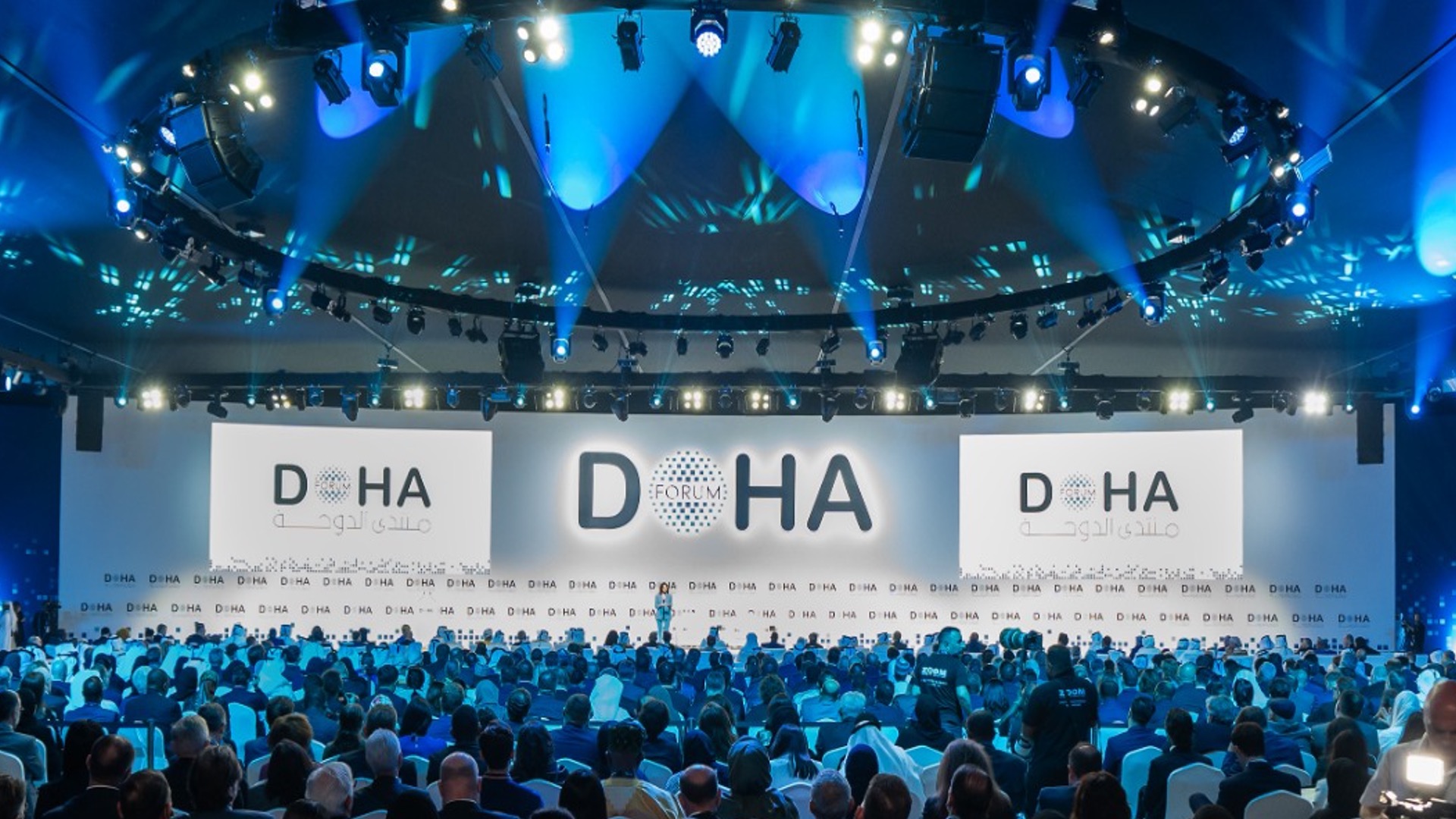
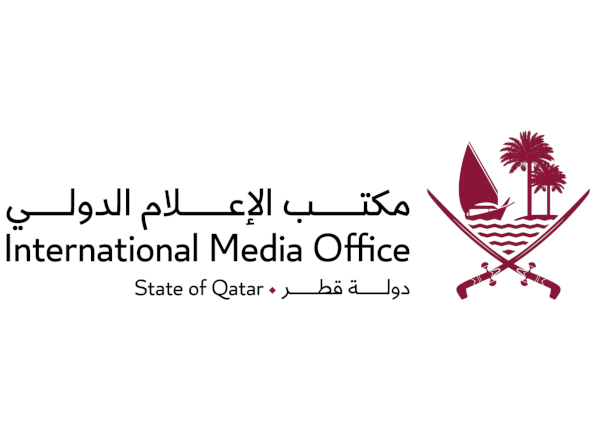
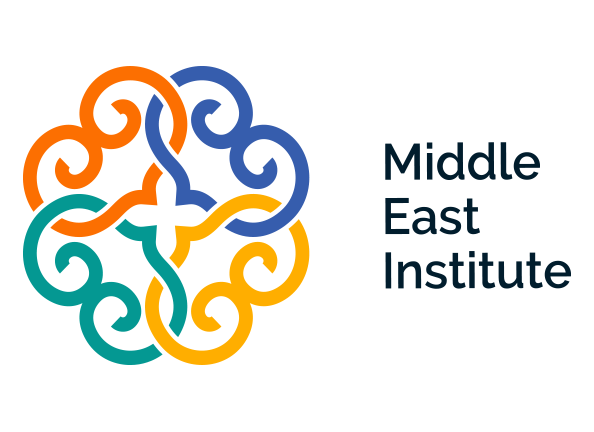
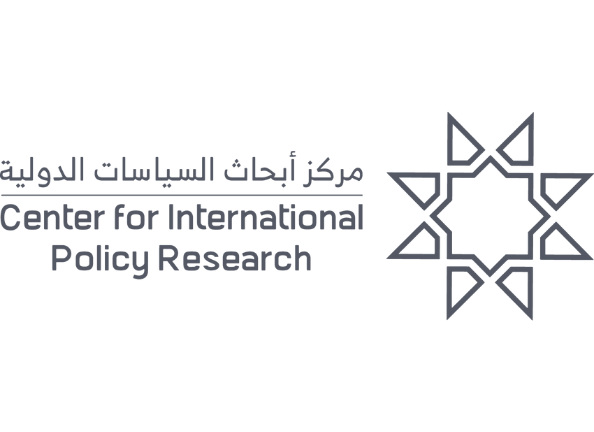
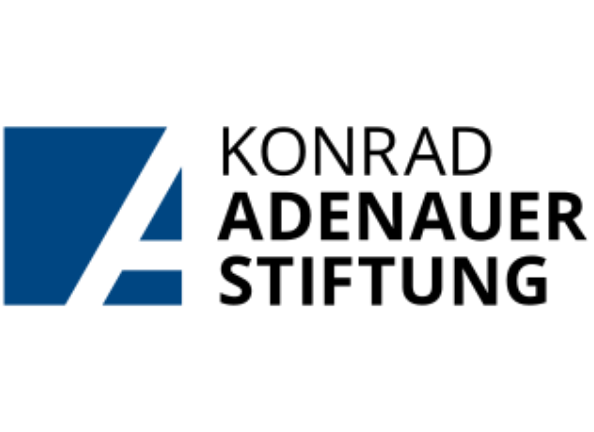
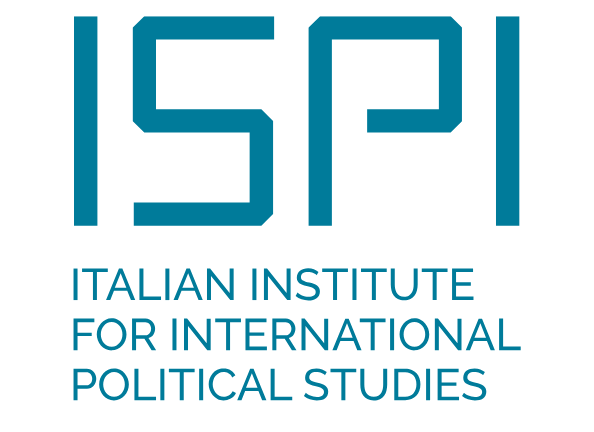
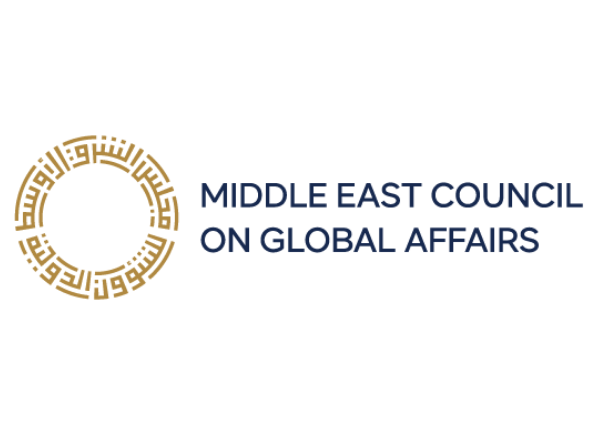
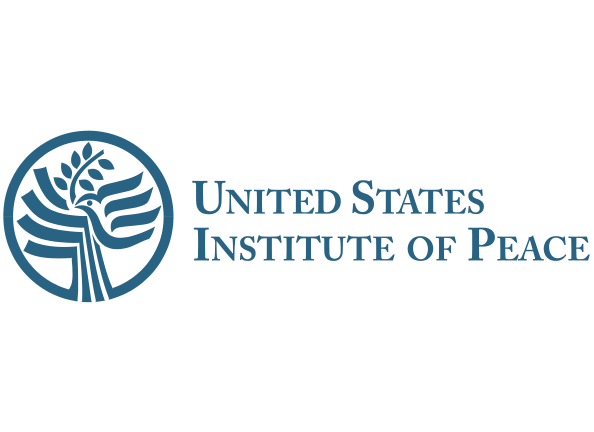
.png?sfvrsn=8997e4d8_1)
